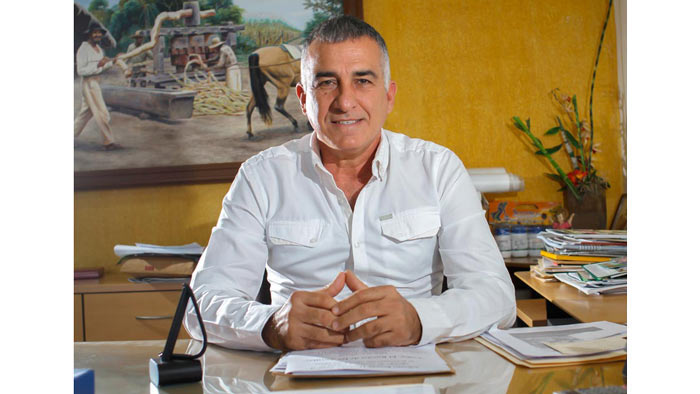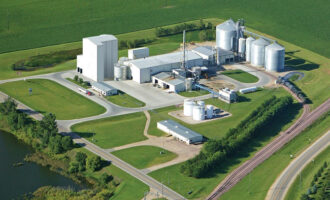
Bolivia’s Ingenio Azucarero Guabirá to deliver five million liters of bioethanol to state-owned oil company YPFB
Bolivia’s Ingenio Azucarero Guabirá SA announced plans to deliver five million liters of bioethanol to state-owned oil company YPFB, President Mariano Aguilera Tarradelles said at a press conference organized by the Bolivian Foreign Trade Institute (IBCE). The company has conducted initial testing of its product on a range of vehicles, yielding optimal results, Guabirá’s president said.
The privately owned sugarcane processor Guabirá is located in the city of Montero, near Santa Cruz, the country’s second city.
Guabirá started its operations for the 2018 season targeting production of 3 million quintals of sugar and 80 million liters of ethanol this year, according to Bolivia’s El Deber news website. This forecast considers the total sugarcane volume expected to be supplied by about 1,400 producers. Cane plantations in Guabirá’s region are estimated at around 52,000 hectares.
The company has acquired production equipment to be able to produce 1 million liters of ethanol per day this year. Guabirá also plans to invest USD 40 million over the next five years to upgrade its facilities and raise productivity.
On March 8, 2018, Bolivian President Evo Morales announced the country would begin ethanol production. Bolivia will produce ethanol from sugar cane and sorghum.
The ethanol mandate requires ethanol blending with gasoline by at least 10% ethanol beginning in 2018, rising to 25% in 2025. Bioethanol is an octane booster used in gasoline.
The memorandum between the Ministry of Hydrocarbons, the state-owned oil company YPFB and the Private Entrepreneurs Federation of Santa Cruz, aims to produce 80 million liters of ethanol in 2018.
Morales underscored the importance of this agreement for substituting imports and strengthening relations between the private sector and the government. According to government officials, Bolivia would be able to reduce gasoline imports to about USD 60 million per year once the ethanol mandate is fully implemented.
Morales also said his administration would amend Bolivian regulation to allow the importation of flexible fuel vehicles.
In response to this initiative, Bolivia’s sugarcane producers are expected to increase planted cane area from 150,000 hectares to 305,000 in the next eight years, with an estimated investment of USD 1.6 billion.
Industry representatives have highlighted the positive economic impact that this energy policy will have on the Bolivian economy, including a GDP increase of 0.2%, USD 480 million in import substitution of fuel/fuel additives, 27,000 new direct jobs, and the reduction of carbon dioxide emissions by 6%.









